Concourt rules against Amendment No.1
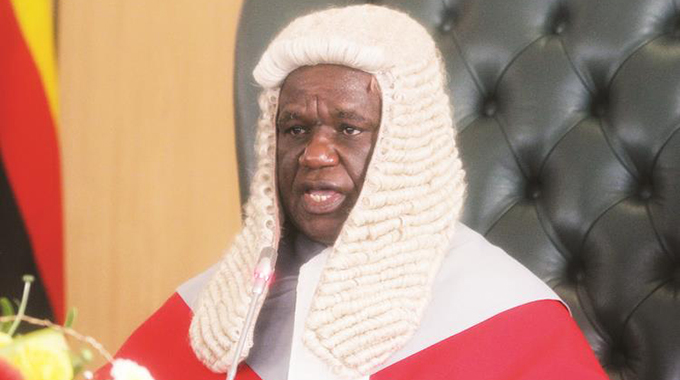
Fidelis Munyoro, Chief Court Reporter
The Senate will have to restart the process of passing Constitutional Amendment No. 1 of 2017, which gives the President powers to appoint the Chief Justice, the Deputy Chief Justice and the Judge President, after the Constitutional Court ruled that the procedure was not in conformity with the Constitution.
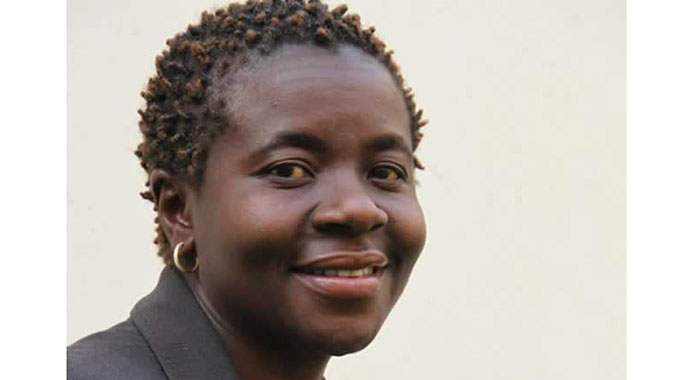
Ms Majome
Before the court ruling, the President had been empowered with the responsibility of appointing and promoting judges after a Constitutional clause that allows the selection of judges, including the Chief Justice, through the Judicial Service Commission’s (JSC) public interviews, was amended.
After the public interviews, the JSC would send a list of recommended interviewees to the President who may assent to the names or ask the JSC to submit a fresh set of names.
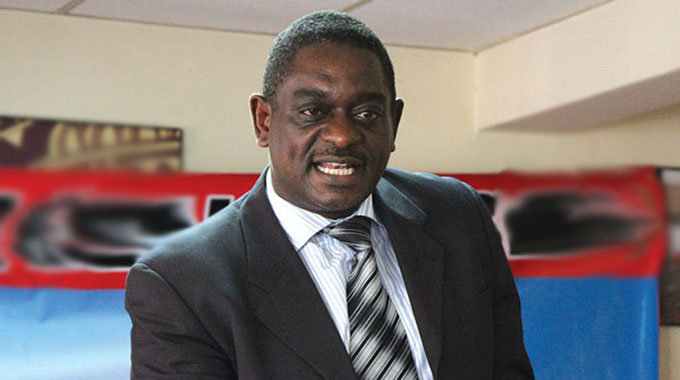
Mr Gonese
The clause was included in the new Constitution of 2013 following widespread consultations, which led to a national referendum that year.
In a unanimous decision yesterday, the highest court in the land delivered the judgment in the case in which the MDC was seeking nullification of proceedings that led to the passing of Constitutional Amendment Bill (No.1).
MDC led by its chief whip, Mr Innocent Gonese, and the former party’s legislator Ms Jessie Majome, made separate applications, though seeking similar relief.
They argued that the process leading to the Bill’s passage in both the National Assembly and Senate was not properly done.
Chief Justice Luke Malaba ruled that declaration of invalidity shall have effect from the date of the order, but is suspended for a period of 180 days, when the process is expected to be recommenced.
He agreed with the MDC legislators that the process in the National Assembly was steady, but said the invalidity of the proceedings in the
Senate did not affect the validity of the procedures in the National Assembly.
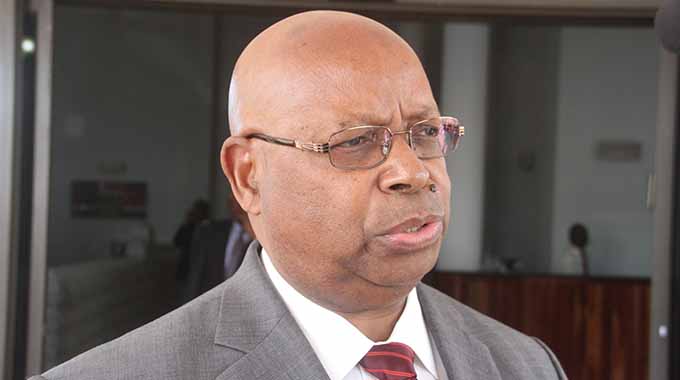
Advocate Mudenda
The court found that the Speaker of Parliament Advocate Jacob Mudenda and the then President of the Senate Edna Madzongwe prepared the certificate in terms of the provisions of the Constitution.
The Senate President had calculated the minimum threshold from 79 and not 80, observed Chief Justice Malaba.
The court said the proceedings were conducted on the understanding that 53 votes in favour of the proposed amendment of the Constitution would be enough.

Cde Madzongwe
“It was an error of law,” he said.
“As such, the invalidity of the process in the Senate was informed by the misinterpretation of s 328(5) of the Constitution.”
Chief Justice Malaba said the Senate should be afforded an opportunity to conduct the vote with a full appreciation of what was required for a Constitutional Bill to be passed.
He did not agree with MDC’s claims that there was no vote in the National Assembly on July 25, 2017 when Constitutional Amendment Bill (No. 1) of 2017 was passed and dismissed the contention for lack of merit.
In their application, Mr Gonese and Ms Majome argued that Parliament failed to fulfil the constitutional obligation as defined in the
Constitution, which requires a Constitutional Bill to be passed by two-thirds of the membership of each House sitting separately.



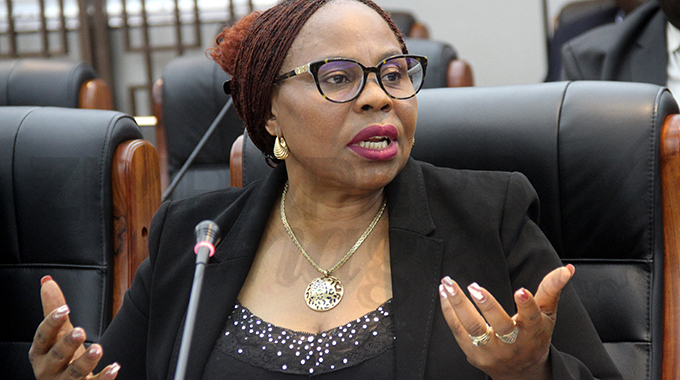





Comments